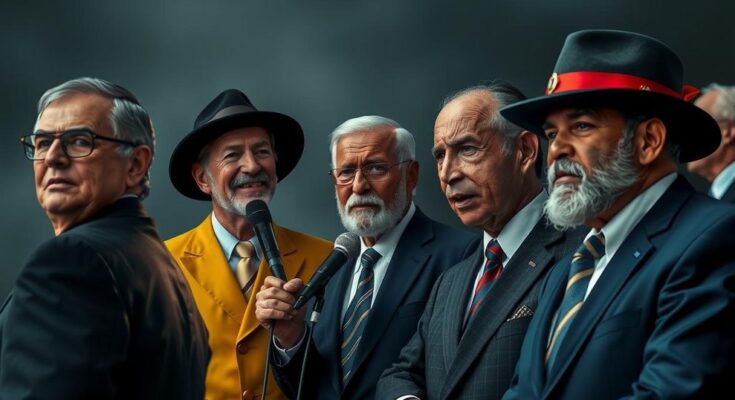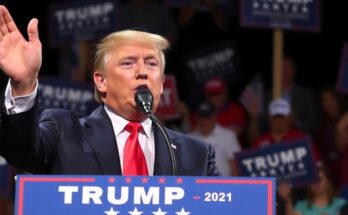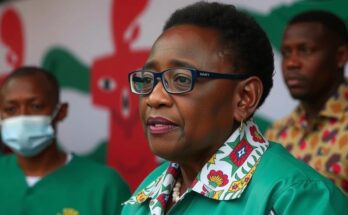Leaders in the Democratic Republic of Congo and Nicaragua are advocating for constitutional changes that may enhance presidential powers, raising fears of democratic erosion. In Congo, President Tshisekedi seeks to modernize governance amidst opposition concerns over term limits, while in Nicaragua, President Ortega’s reforms aim to consolidate power amid allegations of authoritarianism. The actions in both countries reveal a pattern of undermining democratic safeguards under the guise of necessary reforms.
Political leaders in both the Democratic Republic of Congo and Nicaragua are undertaking significant constitutional maneuvers that may enhance presidential authority at the potential expense of democracy. In Congo, President Félix Tshisekedi is spearheading the formation of a national commission to draft a new constitution, citing the current one as outdated and fraught with inefficiencies. Critics, however, fear these amendments could eliminate the two-term limit, enabling Tshisekedi to remain in power beyond his current term following a controversial re-election. Meanwhile, in Nicaragua, President Daniel Ortega has initiated sweeping reforms that propose extending presidential terms and consolidating power further within his family. These proposed changes have sparked concerns over increased authoritarianism in a country already grappling with opposition suppression. Despite their geographic and cultural differences, the actions of these leaders reflect a shared tendency to frame power consolidation as necessary for national stabilization, raising alarms over the erosion of democratic norms in both nations.
The warning signs of democratic erosion in the Democratic Republic of Congo and Nicaragua have emerged as significant political developments unfold in both nations. In the Democratic Republic of Congo, President Tshisekedi’s push for a new constitutional framework comes at a time of heightened political tensions and could have ramifications for the country’s governance structure. Conversely, in Nicaragua, President Ortega’s proposed reforms appear to solidify family power while suppressing dissent amid an ongoing crackdown on opposition. Collectively, these developments signal a troubling trend of increasing authoritarianism amid rhetoric of modernization and national stability.
In conclusion, the efforts of Presidents Félix Tshisekedi and Daniel Ortega to alter their respective constitutions underscore a troubling trend of democratic backsliding in the Democratic Republic of Congo and Nicaragua. Both leaders are invoking themes of modernization and stability to justify these changes, yet their critics raise valid concerns about the potential erosion of democratic principles and safeguards. The paths taken by both nations are crucial to monitoring the health of democracy in the global South.
Original Source: www.firstpost.com




